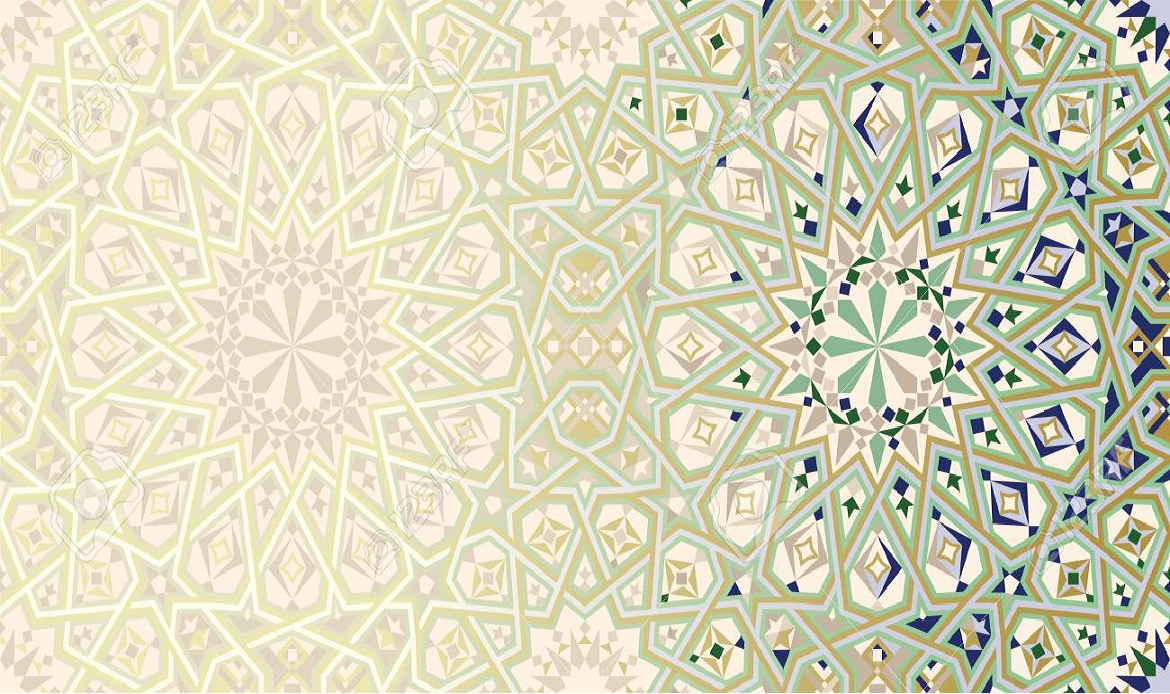A type of sale (ba’i) that was particularly prevalent in the days of early Islam and pre-Islam, where a person used to say to another: “give me what you have at hand in return for what I have at hand”. Neither party knows what the other actually has at hand. This sale is executed by throwing a garment, an object, or a pebble, from one person to another as a sign of sale conclusion without any inspection by either party. For example, one party may throw a piece of cloth to another, and the other would throw another piece of cloth, with each accepting what he receives from the other in return for what he throws thereto. Each of them would say: “this is for that”. Shari’a forbids this sale because it involves a great amount of gharar (excessive uncertainty as to the objects of barter).
Some texts and references transliterate ba’i al-munabazhah differently: “ba’i al-munabadhah”. However, the first spelling is more accurate based on the Arabic orthography of the term.
Ba’i al-munabazhah is an Arabic term (بيع المنابذة) that translates as toss sale.




